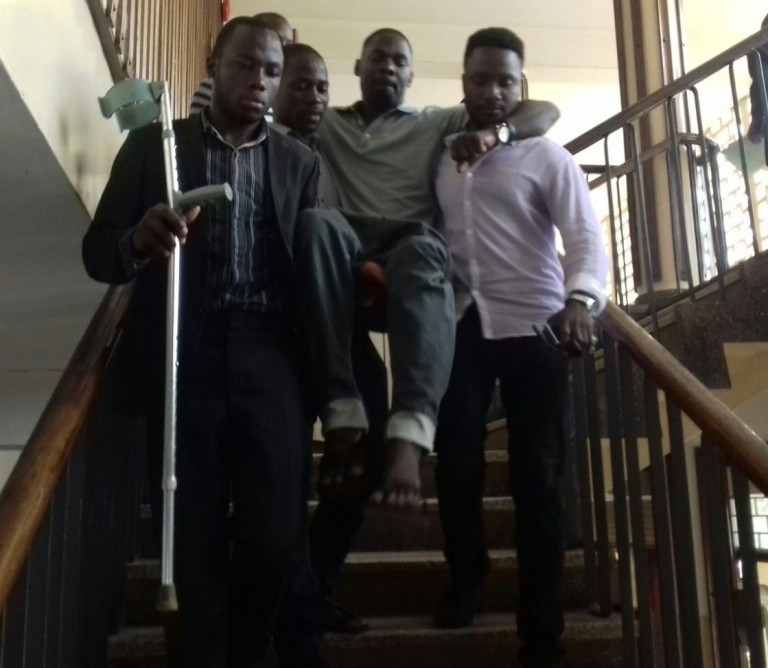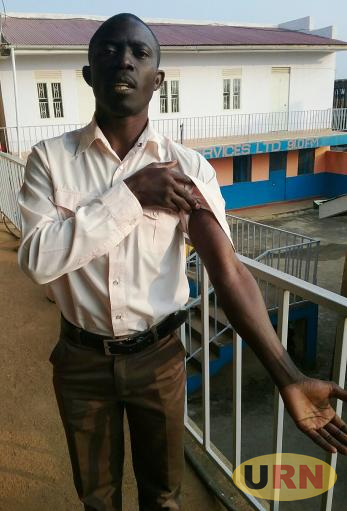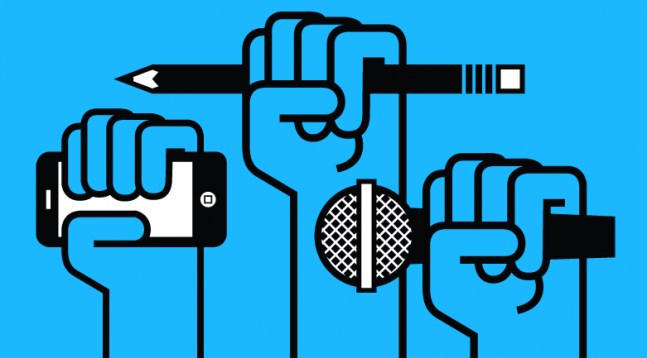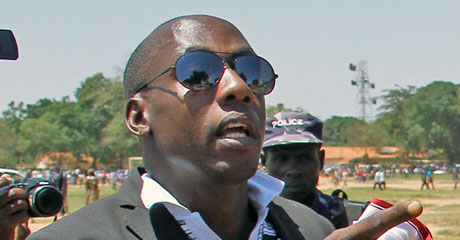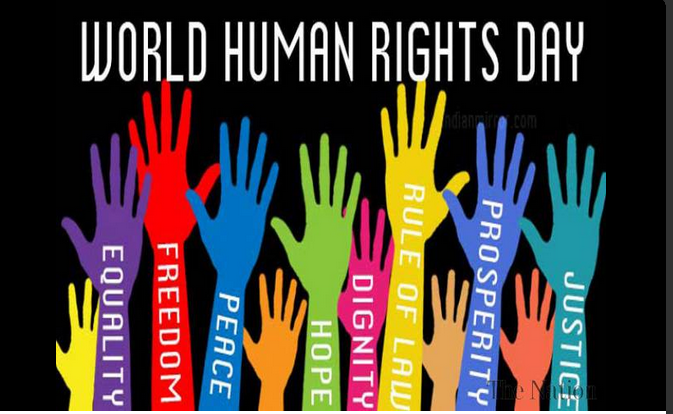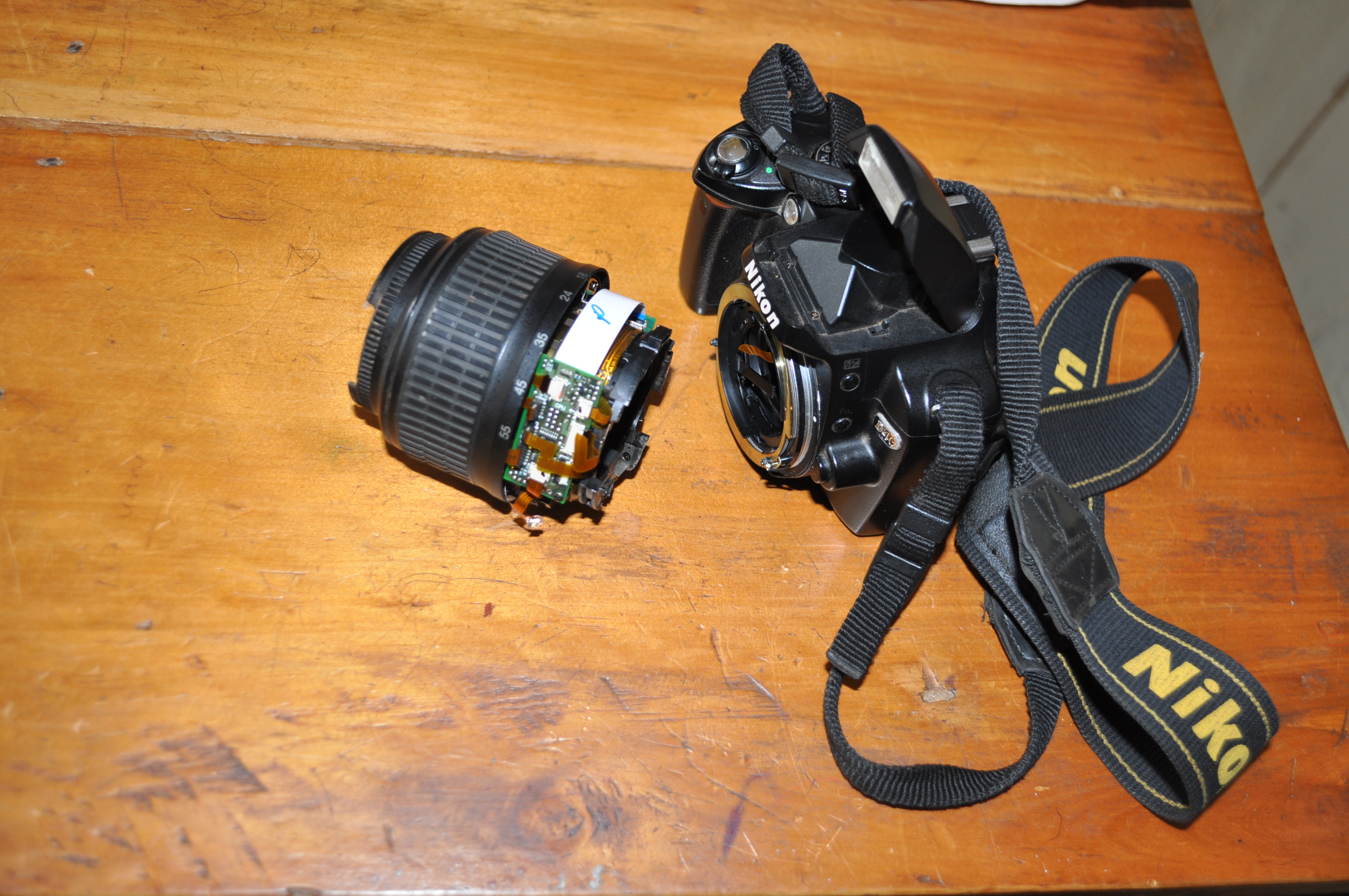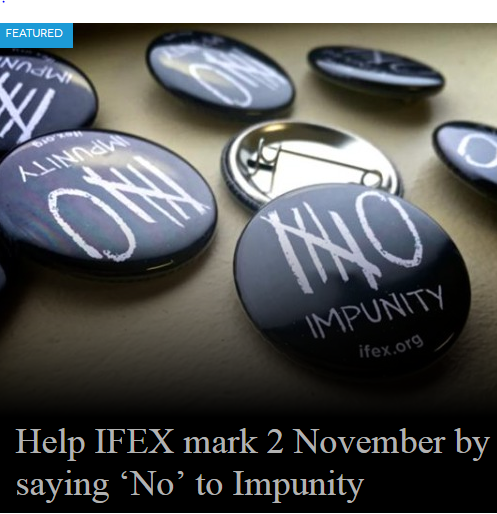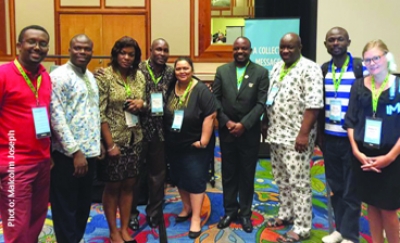Leading freedom of expression organisations from across Africa are meeting in Accra, Ghana, for a two-day capacity building workshop on January 23-24, 2016.
The two-day training is being organised by the African Freedom of Expression Exchange (AFEX) with support from the International Freedom of Expression Exchange (IFEX). The event will bring together 18 of the most influential freedom of expression organisations from all regions in Africa in one of the biggest meeting of free expression organisations on the continent.
Under the theme, Empowering Freedom of Expression Organisations in Africa for Effective Digital Rights Advocacy, the training is aimed at enhancing the capacity of participants for effective digital rights advocacy.
As rightly noted by the African Declaration on Internet Rights and Freedoms, “a fundamental challenge in need of urgent resolution in the digital age is how to protect human rights and freedoms on the internet, and the African continent is no exception.”
Africa has witnessed a significant increase in internet penetration and usage. This is contributing to technology/digital-led development on the continent. However, there is evidence of increasing use of surveillance, filtering, blocking, introduction of repressive laws and application of existing ones by some African governments to limit the use of the internet as a tool for free expression.
It is against this background and related rights issues that the workshop is being organized to deepen participants’ knowledge of the issues and develop strategies for online/digital rights advocacy to help create a free, open and safe internet environment that fosters innovation, information sharing and development in their respective countries.
AFEX is a continental network of freedom of expression (FoE) organisations spread across East, West, South and Central Africa who are also members of IFEX. The Media Foundation for West Africa, based in Accra, Ghana, serves as the Secretariat for the network. Other members of the AFEX network are: Media Institute of Southern Africa, Media Rights Agenda, Africa Freedom of Information Centre and Centre for Media Studies and Peacebuilding. The rest are: Journalistes en Danger, National Union of Somali Journalists, West African Journalists Association, and Human Rights Network for Journalists- Uganda.
For more information about AFEX, contact Dora B. Mawutor at [email protected] or write to AFEX email address, [email protected], or visit the AFEX website at www.africafex.org.





